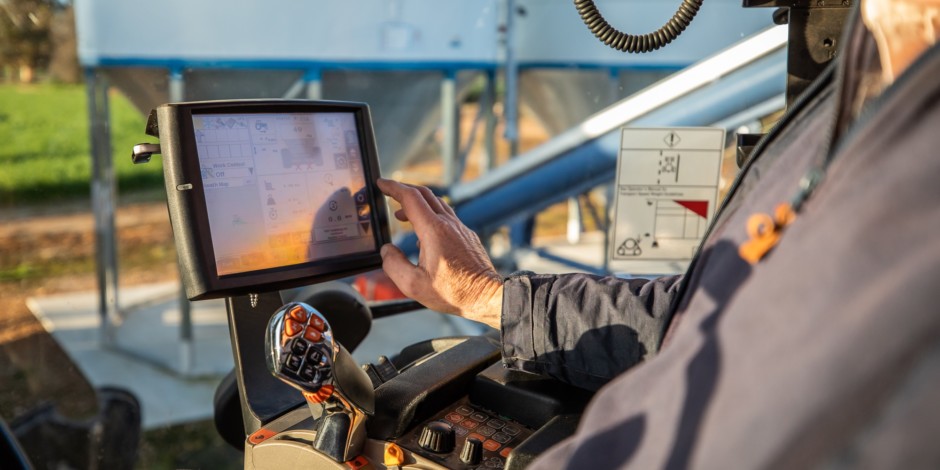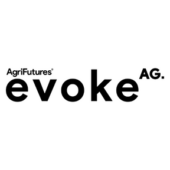Should ‘Right to Repair’ apply to your farm’s data?
The push for Australian farmers to have the right to fix their own machinery has been in the headlines since a leading manufacturer reached a deal with farmers in the United States of America in 2021. Andrew Cooke and Andrew Skinner argue ‘the right to repair’ shouldn’t just apply to farm tools like tractors and headers, but also to data. They say while few producers are also technologists, every producer deserves to control and re-use their own data.

The right to repair refers to the ability of individuals and small businesses to repair their own equipment and devices, rather than being forced to rely solely on the manufacturer for repairs and service. The concept is particularly important for farmers, who rely on a wide range of equipment to manage their operations, such as tractors, mobile phones, sensors, and other machinery. When these machines break down, the ability to repair them quickly and efficiently is essential to minimise downtime and lost productivity, especially as many farmers are located so far from supplier service centres.
By allowing farmers to make repairs on their own, the right to repair helps to promote self-sufficiency and independence, while also reducing costs and improving efficiency. This argument has been ongoing between advocates and manufacturers in various forms since the 1950s, culminating in the 2021 United States of America Federal Trace Commission policy that introduced right to repair, and the New York Digital Fair Repair Act.
Australian farmers and growers may not care about the details in these USA acts, or the arguments of manufacturers and advocates for and against. You won’t catch most producers etching new control lines on printed circuit boards or disassembling software to make changes, but they agree on one thing – the importance of being able to get parts and repairs made promptly in the face of weather and crop demands.
That same ability to manage, modify, and to get done what is needed, might also motivate producers when it comes to data about their farms.
Just send me a print-out!
Farmers and growers who made use of early generations of farm management software may recall trying to get data out of farming applications to re-use it in other systems:
- “I just print a report, put it beside me, and then enter the numbers in again.”
- “We put a laptop by the computer so we could read the data from one screen and type it in on another.”
- “I opened a file with EIDs [NLIS identifiers] in Excel and they all turned into scientific notation numbers.”
RELATED: Data interoperability and the digital revolution of agriculture
Over the years we’ve progressed from printing data, to exporting data in comma separated (CSV) files, to APIs (application programming interfaces – the glue that lets different software talk together). In theory, this should be making re-use of data easier, though that’s not always the case. APIs can be expensive for tech companies to adopt or develop, or the software choices they make may limit integration (Software A will only work with Software B and not Software C), limiting the value producers can get from their data.
Staying in control of my data
As farm software has moved onto various connected devices, and into the cloud, a new challenge has risen. Data can now be moved and reused, but who is in control?
Producers have been concerned about the potential for data they share with their suppliers and customers to be leveraged against them. While competition laws protected against collusion and unfair practices, it may not protect customers against sophisticated analysis of farm data, and the use of insights to discriminate against producers.
In response to these concerns advocacy groups have developed gold standard principals to guide developers. For example, the American Farm Bureau’s Ag Data Transparent certification process (Privacy and Security Principles for Farm Data) and the New Zealand Farm Data Code of Practice, and eventually in similar codes in other countries and now the Australian Farm Data Code created by the National Farmers’ Federation.
RELATED: Farm data and doing what’s right by the farmer
Organisations that aim to comply with the Australian Farm Data Code will consider whether the data they hold is truly proprietary – or whether they are custodians of data, curating it on behalf of their customers, and therefore should allow producers their ‘right to repair’: the right to access, control and manage that data.
Well-constructed APIs should allow producers to create a “purpose-built” set of tools for their business, whether that’s using lots of technical “glue” to create new functionality, or simply choosing a set of applications that work best for them and having them work together. When APIs work together so that producers can leverage new opportunities, we call this the ‘API Economy’. The API Economy in agriculture allows data captured by producers to be used across systems, to create new tools and business models that increase producer profitability.
Andrew Cooke (Rezare Systems) and Andrew Skinner (More than Machines) explored this in more detail during a workshop on “Data as a second language” at evokeAG. in February 2023. You can listen to the session here.
